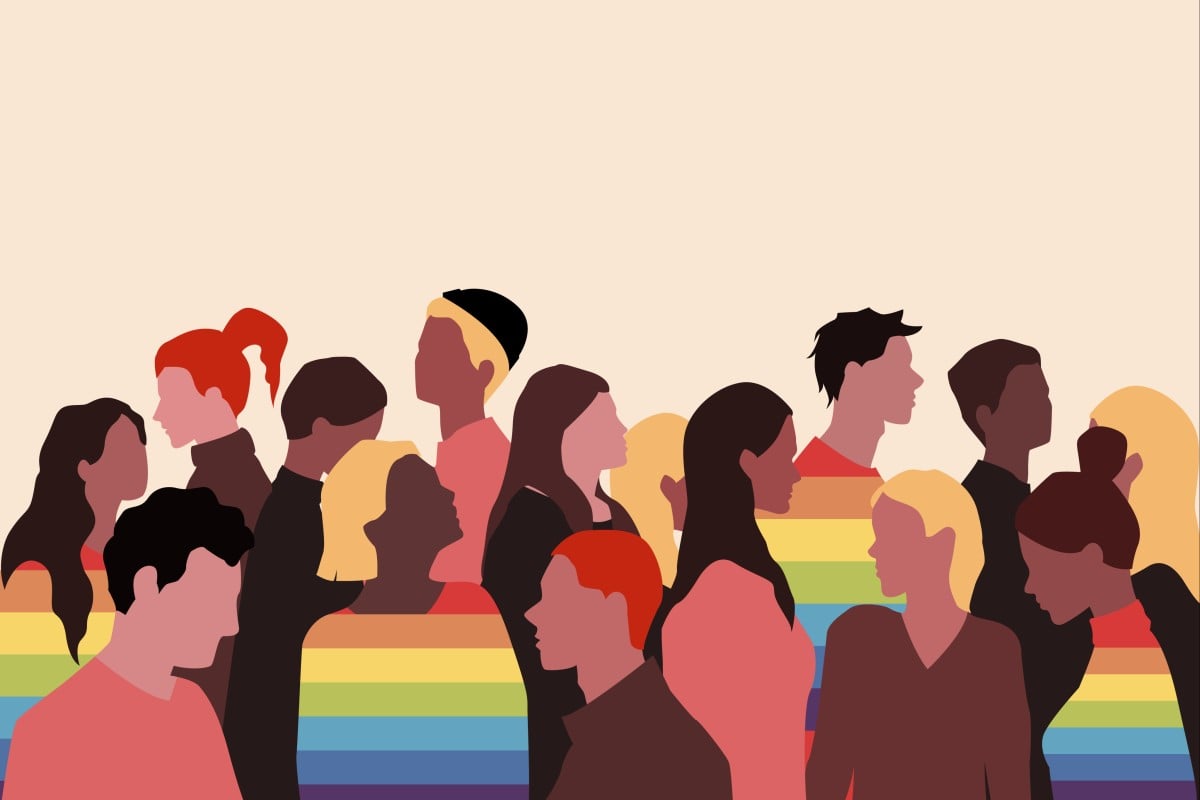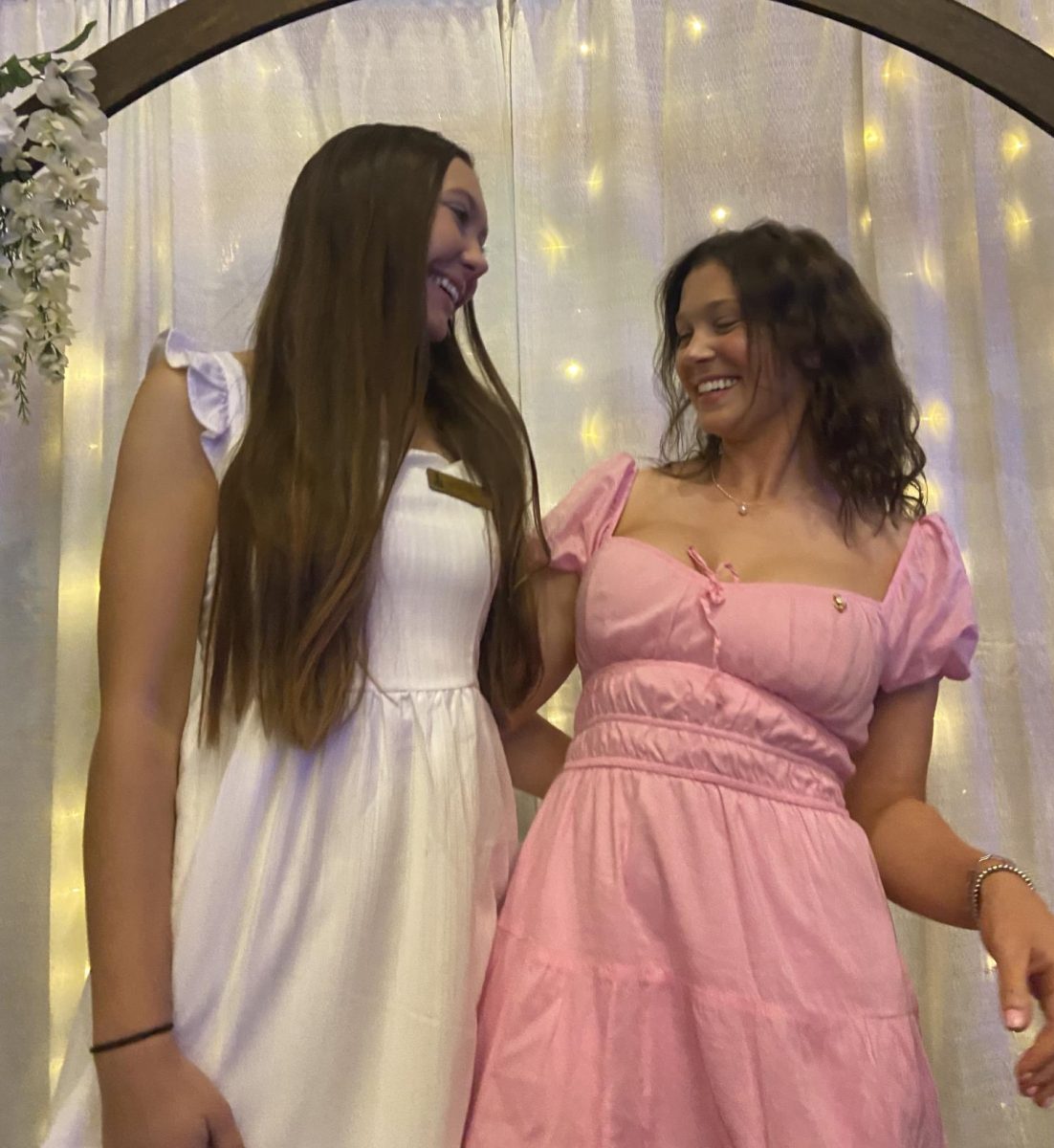Last week, my friend and I took part in the St. Louis University fast-a-thon. This was an event where one would follow the Ramadan fast for one day, to experience and thus learn more about Islam and its practices. My friend and I, both Catholic, decided to give it a shot.
For those who do not know the Ramadan fast forbids water, food, etc. from sunrise to sunset. So to prepare, I woke up at 4 a.m., drank a ton of water and ate a ton of junk food, which, I would learn, was not the best preparation. I returned to sleep and proceeded with my day as normal.
All day the fast was omni-present in my mind, and it was very difficult to not give into temptation. Never before had a drinking fountain seemed so evil, every one of them tempted me to break my fast. However, I was able to overcome my weakness and outlast the fast.
My brief taste of Ramadan gave me abounding respect for Muslims and their faith, which seems far greater than mine. But what surprised me most about my experience was the reaction of people I told. Some seemed interested, other indifferent, but the vast majority were appalled, citing hatred for Islam. Many explained that they did not like Muslims, saw them as “a bunch of terrorists” and would never do something of this nature. This reaction profoundly troubled and saddened me. I am distressed by what the actions of a radical few can do.
Islam, a religion of extreme faith and devotion to Allah is referenced by some as a “breeder of terrorism.” The Qu’ran, too, is not spared; numerous critics call it “inflammatory” or “oppressive.” Radical groups have ruined the perception of Islam in large portions of the world, and, among the crimes they have committed, this is one of the worst. However, it is not just Muslims that suffer from this problem.
Radicalism has sullied the reputation of many groups. If one was to base his or her judgment of Christianity off the 700 club, or Fred Phelps, one would have a bias view. Likewise, if someone based his or her idea of Americans off of the minutemen or the KKK, his or her opinion would likewise be biased. Or, finally, if someone based they based their view of Catholics off of Bishops denying communion to presidential candidates, we would be misunderstood.
Radicalism in the world today is one of our greatest problems. It has created, in an era of unprecedented communication and globalization, a great deal of ignorance. It is my sincere hope that as intelligent, college-educated world citizens, we are able to look past the radicals and see people for who they are, to see beliefs as professions of love of the Almighty, and differences as boons to the world, rather than banes.
Extremism is a problem that I feel that the 21st century will be defined by. It is our job, as educated members of the world community to fight this tide of ignorance. Radicals thrive off ignorance, if people know no better, than they are more apt to buy the rhetoric and lies of these groups. We must educate the world; we must show that there is another way. The world is not composed only of crazy terrorist or zealots, but of people of moderation.
People who merely wish to live a normal life, and for whom God and country are objects of devotion, but not of fanaticism. My experience of Ramadan taught me of the faith of Muslims, and the great prayer they offer to God through their sacrifice.
But it also taught me of the ignorance that exists right here in St. Louis and all over the United States, the hate that irrationally permeates our land. Together we must see the error of our ways, and combat this extremism of our own, or else we become no better than the terrorists we so despise.
Patrick McShane is a sophomore in the College of Arts and Sciences.








